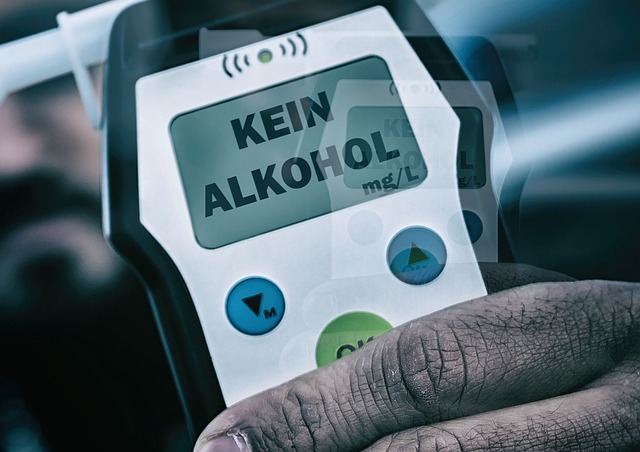College campus DUI prevention strategies are essential to ensuring safety and mitigating risks. By removing potential distractions like alcohol and implementing robust educational programs, campuses can foster a culture of responsible drinking. Enhanced enforcement, including regular patrols and stringent policies, discourages impaired driving. Combining these efforts with peer-to-peer support and accessible transportation options can significantly reduce DUI incidents, promoting a healthier and safer environment for students.
“High-risk reoffenders, particularly those with a history of DUI on college campuses, pose a significant challenge. However, innovative strategies are breaking the cycle of recidivism. This article explores effective methods aimed at preventing DUI among high-risk individuals on college campuses.
We delve into successful programs that combine education, intervention, and support networks to reduce repeat offenses. By examining these approaches, we aim to highlight campus safety enhancements and contribute to a safer environment for students.”
High-risk reoffenders breaking the cycle of recurrent offenses, particularly on college campuses, is a promising sign for enhanced DUI prevention strategies. By focusing on early intervention and implementing tailored programs, we can significantly reduce future incidents. Integrating educational initiatives into campus life empowers students to make responsible choices while fostering a culture of safety. Through collaborative efforts between law enforcement, academic institutions, and student organizations, the goal of zero drunk driving-related incidents becomes more attainable, ensuring a healthier and safer environment for all college campus communities.






